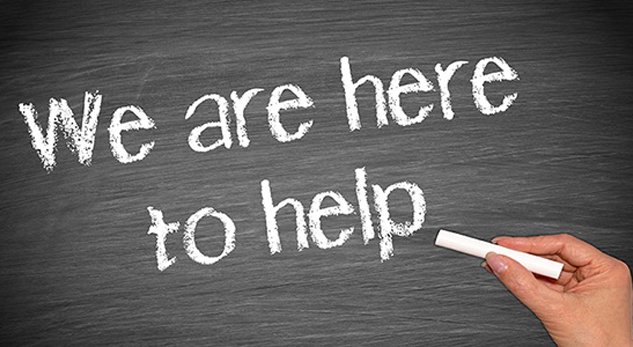
Some people are inclined to ask a therapist, “Can you help me?”
The answer, in all honesty, is “no.” Nobody can help you, not in the sense of rescuing you from your own mistaken choices, maladaptive behavioral patterns or irrational beliefs.
Nobody can save you from yourself. Not a therapist; not anyone. The good news is that you can save yourself, with good introspective tools. And a good therapist can help you learn those tools.
A good therapist, for example, can help you identify what beliefs you have, what behaviors you exhibit, and whether those choices and beliefs really make sense given the overall course of your life. A good therapist can help you not see yourself as a victim, and instead see yourself as the product of your choices, beliefs and actions, with an eye towards changing those choices and actions, when you wish, and where necessary. A good therapist can help you identify if you’re contradictory, tying yourself up in knots when there’s no reason or need to do so.
It’s a mistake to look for someone to “help” you, if “helping” means rescuing you. It’s also a mistake to think of a therapist like you think of a doctor. If you have cancer or heart disease, you want that doctor to help you, or cure you. If you have a bad sinus infection, you want that doctor to help you by properly diagnosing and curing your problem. Therapy is not “treatment,” not in the sense of passively submitting to someone else’s action which will make you feel all better. Human beings do not work that way!
Mental, emotional and behavioral problems primarily develop because of your subconscious. Your subconscious mind does not require antibiotics or surgery. Your subconscious mind requires making your thoughts, beliefs, actions and choices conscious so you can make the necessary changes in what you do, think, expect or feel. It’s an active process, done by you, possibly with the help of a therapist. You are the one doing the work, even if the guidance, sounding board or perspective of an outside professional is crucial.
Misunderstanding over this issue leads to a lot of disappointment and frustration with therapy. Therapists feed into this when they say, “Yes, I can help you,” without clearly defining what the kind of help it is they offer. There are many different schools of thought on psychotherapy. But regardless of who the therapist is, I guarantee that no therapist — no matter how good — will ever get into your body, and into your mind, and start to make choices for you, or change your beliefs for you. Nobody can do that except for yourself. It does not mean you have to do it alone; but it does mean only you can do it.
This misunderstanding also explains why you cannot tell someone to “get help.” You can tell them, but they will never “get” the “help” you believe they need. Why? Because when you say this to someone, what you really mean is, “I want you to change your thinking/beliefs,” or, “I want you to change your actions.” But this is your belief, not necessarily the other person’s. Therapists, even highly capable ones, are not magicians or mind-readers. In order to pull this off, they would have to be both. When you want someone to “get help,” you’re really expressing a belief that the other person should change in some way. That’s fine; but it’s your belief, not necessarily the belief of the person you wish to change. And even if your belief is rationally and objectively defensible, which it might be, it still remains only a belief if the other person does not share it.
The world is so messed up, and psychology has helped me understand why. Too many have the false belief that they can and must control others. In personal relationships, people try to control others via deception, intimidation and inducing guilt, or name-calling. In politics/government/society, it’s the same, only with the additional force of police, threats of imprisonment, fines and even death. This improper, irrational need to control others is why liberty and freedom are such rare things; and that’s why corrupt politicians and dictators — just like corrupt and busybody/do-gooder family members, coworkers and others — have such sway.
If we all (or even most of us) let go of the idea that we can or must change other people to our liking, then the world would be an infinitely more benevolent, freer and productive place. Therapy cannot be used for illicit purposes, or to fulfill magical, utopian thinking, any more than governments, businesses, marriages or families.
The sooner we all come to accept this, the better off we will all be.
Follow Dr. Hurd on Facebook. Search under “Michael Hurd” (Rehoboth Beach DE). Get up-to-the-minute postings, recommended articles and links, and engage in back-and-forth discussion with Dr. Hurd on topics of interest. Also follow Dr. Hurd on Twitter at @MichaelJHurd1
